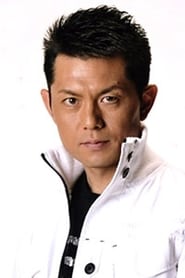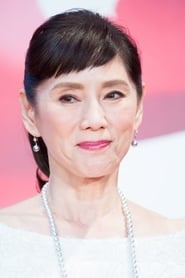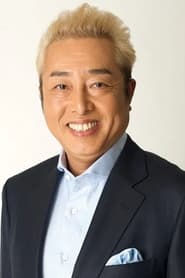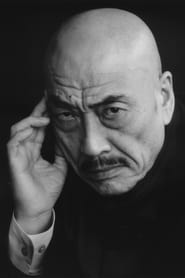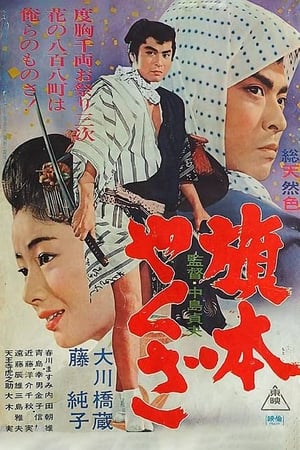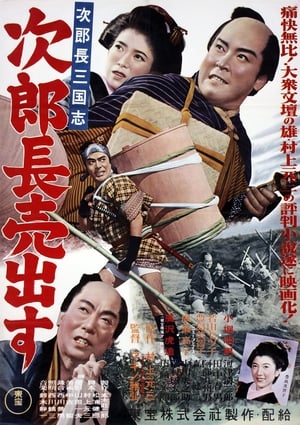
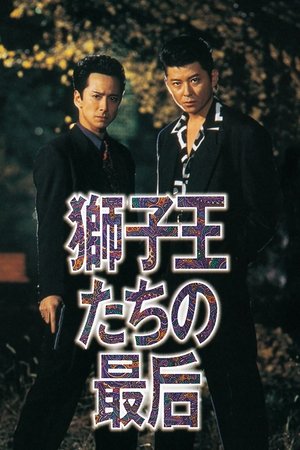
Death of the Lion Kings(1993)
Tells the story of an up-and-coming Yakuza, who makes a name for himself alongside his two friends just before 1992, when the enforcement of the new gang law came in place.
Movie: Death of the Lion Kings
Top 6 Billed Cast
Similar Movies
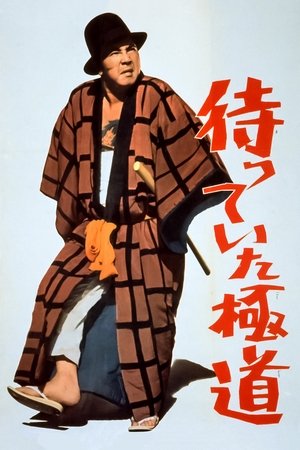 0.0
0.0The Yakuza Awaits(ja)
Forth film in the Gokudo series with Tomisaburô Wakayama
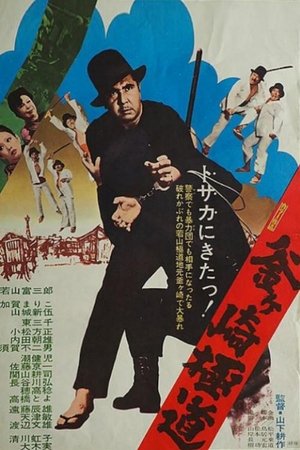 0.0
0.0Gokudo of Kamagasaki(ja)
Ninth installment in the "Gokudo" series. Depicts the activities of Shimamura Seikichi and his henchmen.
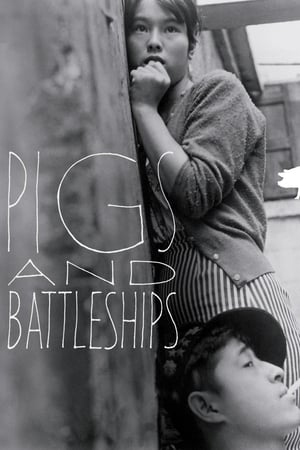 7.1
7.1Pigs and Battleships(ja)
In the city of Yokosuka, Kinta and his lover Haruko, both involved with yakuza, brave the post-occupation period with a goal to be together.
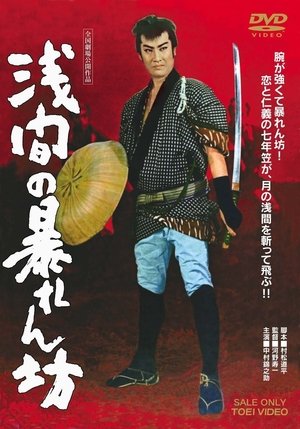 6.6
6.6Roughneck From Asama(ja)
When Boss Juzo's Shinmachi Yakuza family struck fear into the hearts of his adversaries, Boss Shohei's Okabe Yakuza family with a merciless gang of raiders, Itaro of Asama was missing. With the courage of a lion he had gone off to face the enemy and settle the score all by himself. As a result he had to take the blame in place of Boss Shohei, and went off to adventures on his own.
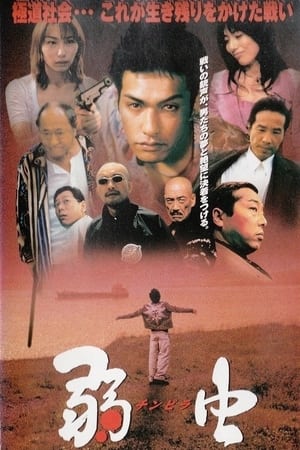 7.0
7.0Chinpira(ja)
Osamu rescues a girl who was being chased by two punks and is soon mixed up with the Yakuza
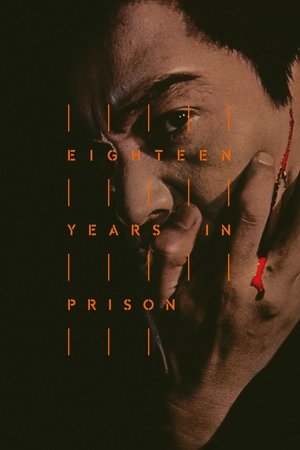 8.7
8.7Eighteen Years in Prison(ja)
A former soldier is caught working the black market and sent to prison while his partner escapes and goes on to become a gangster, but their paths cross again as they both fall in love with the same woman.
 0.0
0.0Yakuza and Constitution(ja)
Since the enactment of the Anti-Boryokudan Act and Yakuza exclusion ordinances, the number of Yakuza members reduced to less than 60,000. In the past 3 years, about 20,000 members have left from Yakuza organizations. However, just numbers can’t tell you the reality. What are they thinking, how are they living now? The camera zooms in on the Yakuza world. Are there basic human rights for them?
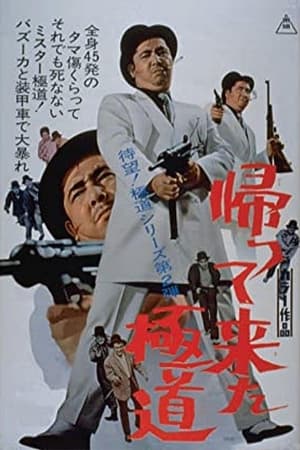 0.0
0.0Return of the Outlaw(ja)
Second film of the Gokudo series starring Tomisaburô Wakayama
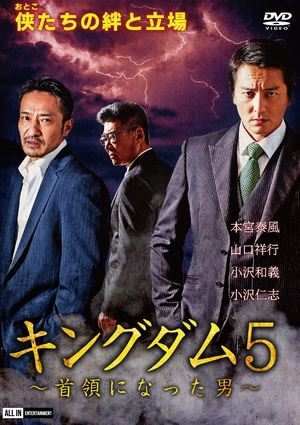 0.0
0.0Kingdom 5: The Man Who Became the Leader(ja)
Shimazu Clan's third-generation boss, Tetsuo Sakuragi (Yasukaze Motomiya), and his sworn brother, Kenichi Kanamori (Yoshiyuki Yamaguchi), are set to be released from prison. Although Sakuragi plans to personally welcome his brother's return, Eitoshi Kaji (Hitoshi Ozawa) advises against it. Sakuragi dismisses Kaji's concerns, but Kaji reaches out to Tomomatsu Miwa (Naoki Hongo) of the Miwa Clan for support in convincing Sakuragi. On the day of Kanamori's release, it is Kaji, not Sakuragi, who comes to greet him. Witnessing this, Kanamori’s reaction is…
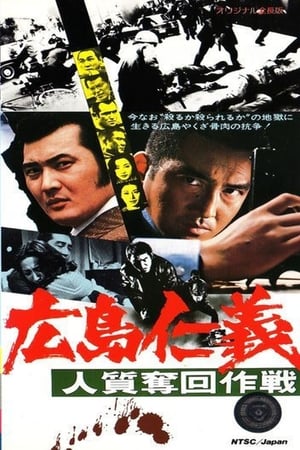 7.0
7.0The Yakuza Code Still Lives(ja)
After spending eight years in prison for murder, Hiroshi leaves his yakuza family to start a new life as a labor racketeer.
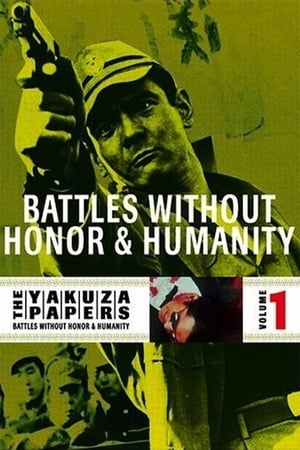 7.4
7.4Battles Without Honor and Humanity(ja)
In the teeming black markets of postwar Japan, Shozo Hirono and his buddies find themselves in a new war between factious and ambitious yakuza.
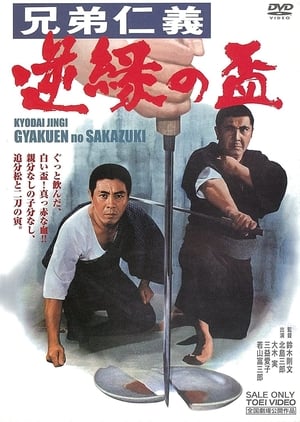 0.0
0.0Brothers'Code - The Back Relation(ja)
Yakuza Kojima appeared in Yokkaichi in search of her mother who died when she was young. There he met Torajiro, a master of kendo, who had just left prison after slashing his adoptive father who stole his son's wife. Torajiro was on his way to his brother-in-law, Iwai. While talking about themselves, they someday felt something similar to friendship.
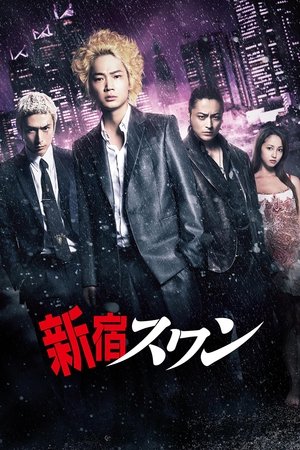 5.6
5.6Shinjuku Swan(ja)
Shiratori Tatsuhiko works as a scout for Burst, a talent agency in Kabukichō, Shinjuku's red light district. In a business where money means everything Tatsuhiko finds himself in a constant struggle between rival talent scouts and the yakuza.
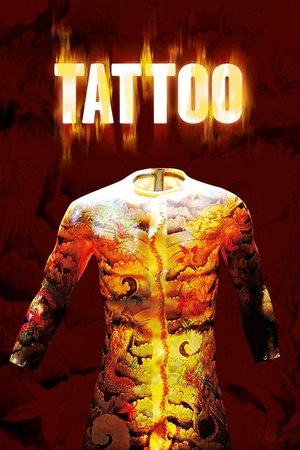 6.1
6.1Tattoo(de)
Marc Schrader, a rookie cop caught red-handed with drugs in a police raid of an illegal rave, joins a homicide investigation conducted by Chief Inspector Minks. The victim is a naked young woman with the skin stripped off her back, killed as she staggered into traffic. As Schrader and Minks investigate the murder, the case is complicated by a finger found in the stomach of the victim. Forensic examination proves the finger belongs to Nobert Günzel, who was previously convicted of rape and assault. The police raid Günzel’s residence, and discover a blood-stained table with restraints and bits of human flesh in his basement. They also find video equipment and preserved, tattooed skin from the victim’s back. Soon, they found dead bodies buried in the garden. Günzel then goes missing.
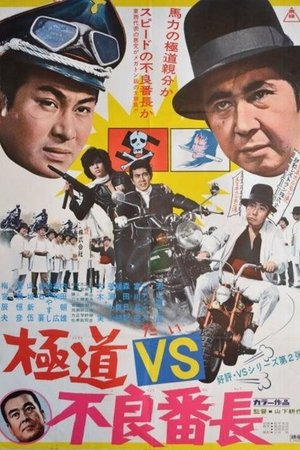 5.0
5.0Yakuza vs. Gang Leader(ja)
Gokudo Shimamura comes to blows with the Delinquent Boss who rolls into town with his motorcycle gang.
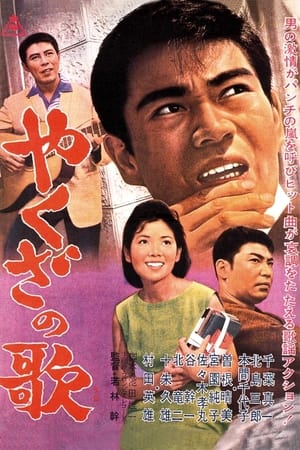 0.0
0.0Song of Yakuza(ja)
A low ranking yakuza who spends more time enjoying life than doing the yakuza work falls in love with a pretty student girl, whose brother later gets drawn into the yakuza business against his own wishes.
 8.0
8.0The Shortest Distance is Round: Rain and Soda(ja)
Overcoming many obstacles, Haruto and Aoyama have finally become an item. They affirm their love for each other and agree to leave for faraway lands, but the following morning Aoyama disappears. Where could he have gone!? Before long, Shibahara, a man who claims to know all about Aoyama's situation, appears before Haruto. What secrets has Aoyama been hiding? Haruto returns to the male escort club and meets fellow castrated escort Ruka. In an industry full of temptations, will Haruto be caught up in the danger zone yet again? With the appearance of new characters, what impact do they hold for Haruto and Aoyama’s relationship?
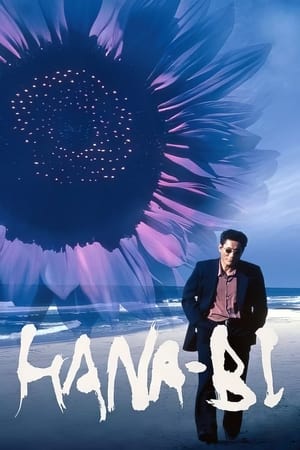 7.7
7.7Fireworks(ja)
Beleaguered police detective Nishi takes desperate measures to try and set things right in a world gone wrong. With his wife suffering from leukemia and his business partner paralyzed from a brutal gangster attack, Nishi borrows from a yakuza loan shark and then robs a bank to clear his debt.

